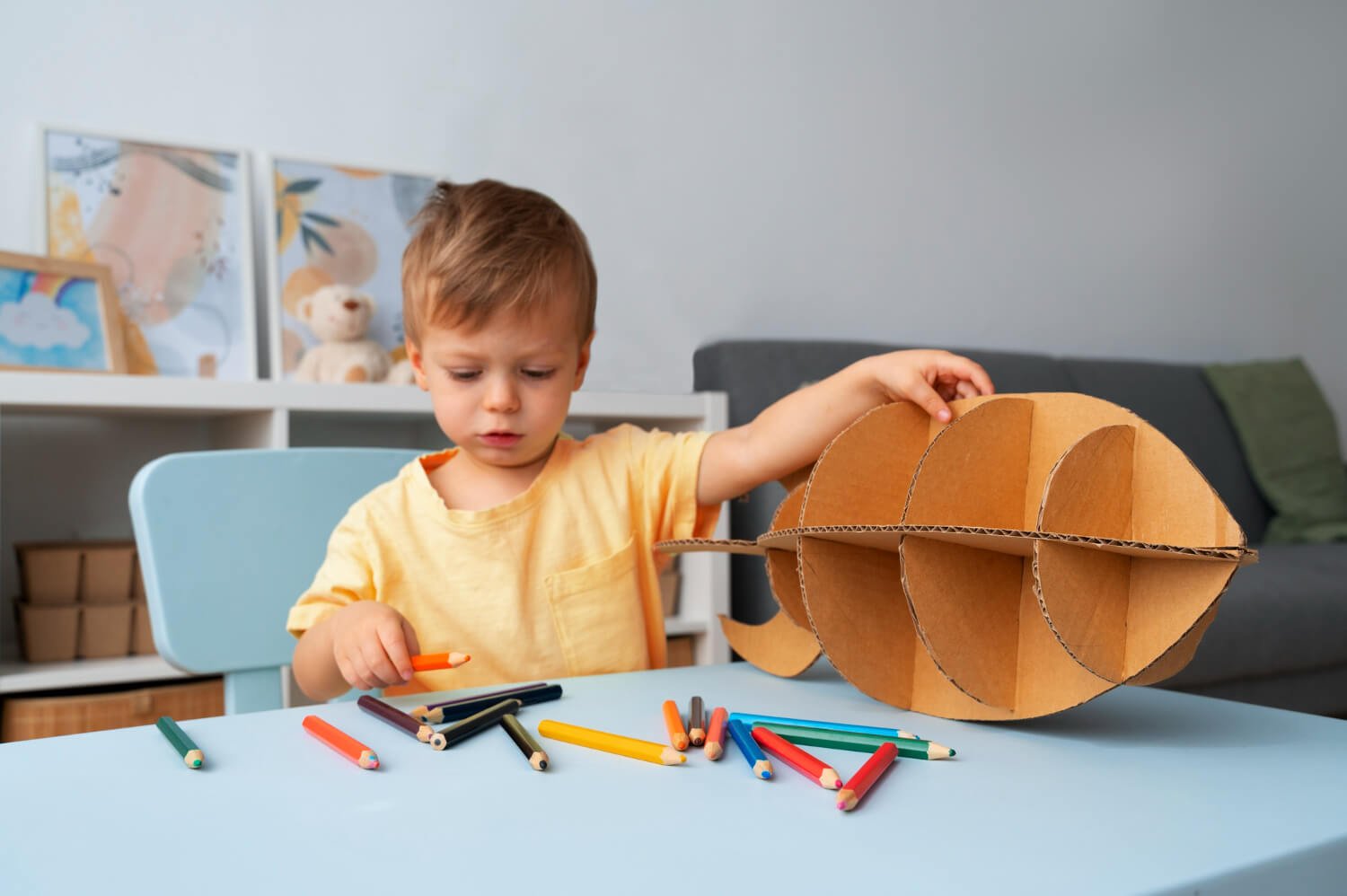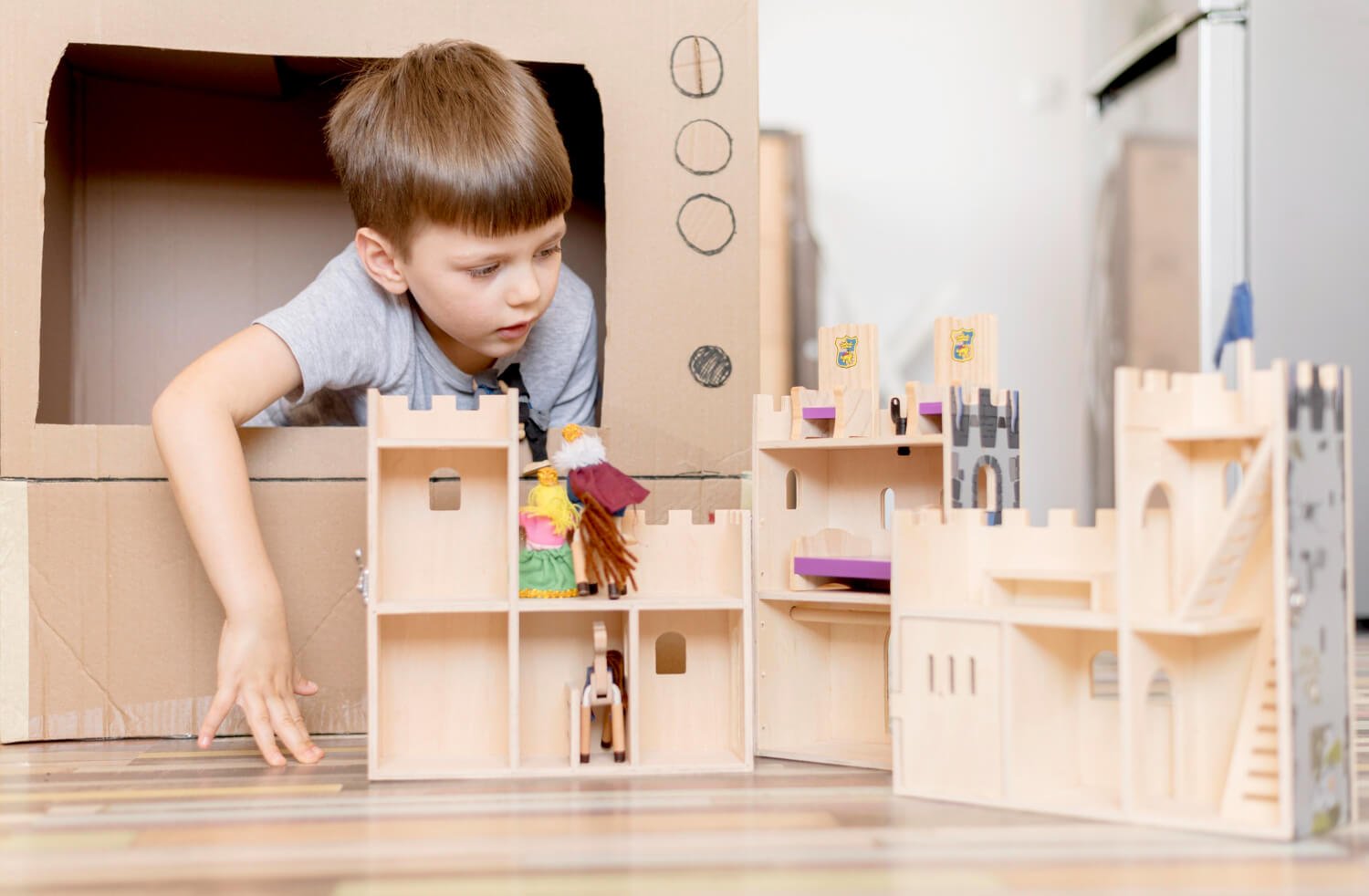No products added!
In a world where environmental concerns are increasingly at the forefront of our minds, the choice between wooden and plastic products holds significant weight. Here are compelling reasons why opting for wooden items can contribute positively to our planet:
1. Environmental Impact
Wooden products, sourced responsibly from sustainably managed forests, have a significantly lower carbon footprint compared to their plastic counterparts. Plastic production involves fossil fuels and releases harmful emissions, contributing to climate change. Wooden products, on the other hand, are renewable and biodegradable, making them a more environmentally friendly choice.
2. Biodegradability
Unlike plastic, which can take hundreds of years to decompose and often breaks down into microplastics that harm wildlife and ecosystems, wood naturally decomposes. This characteristic ensures that wooden products have a minimal impact on the environment at the end of their life cycle.
3. Durability and Longevity
High-quality wooden products, when properly cared for, can last for generations. They are sturdy and resilient, offering a sustainable alternative to the often short-lived plastic items that contribute to the growing problem of waste disposal.
4. Aesthetic Appeal
Wooden products bring a timeless, natural beauty into our lives. They add warmth and character to our homes and environments, unlike the often impersonal appearance of plastic. The aesthetic value of wood enhances our living spaces and connects us more closely to nature.
5. Health Considerations
Wooden products are generally safer than plastic when it comes to food contact and daily use. Unlike plastic, which can leach harmful chemicals, wood is non-toxic. This makes wooden utensils and cutting boards a healthier choice for food preparation and consumption.
6. Supporting Local Economies
Choosing wooden products supports local economies, particularly those involved in sustainable forestry and craftsmanship. By opting for wooden items, we encourage responsible management of natural resources and help maintain traditional skills and livelihoods.
7. Versatility and Innovation
Wood is an incredibly versatile material that can be crafted into a wide range of products, from furniture to kitchenware and even sustainable building materials. Innovations in wood processing and design continue to expand the possibilities for its use in environmentally friendly ways.
Conclusion
Making the switch from plastic to wood is not just a personal choice; it’s a step towards protecting our planet and promoting sustainable living practices. By embracing wooden products, we reduce our reliance on plastic, support sustainable forestry, and contribute to a cleaner, healthier environment for future generations. Let’s choose wisely and make a difference—one wooden product at a time.


Comments ( 1 )
Comments are closed.








Mattis molestie a iaculis at erat pellentesque adipiscing commodo. Accumsan tortor posuere ac ut consequat semper viverra. Sed faucibus turpis in eu mi bibendum neque.